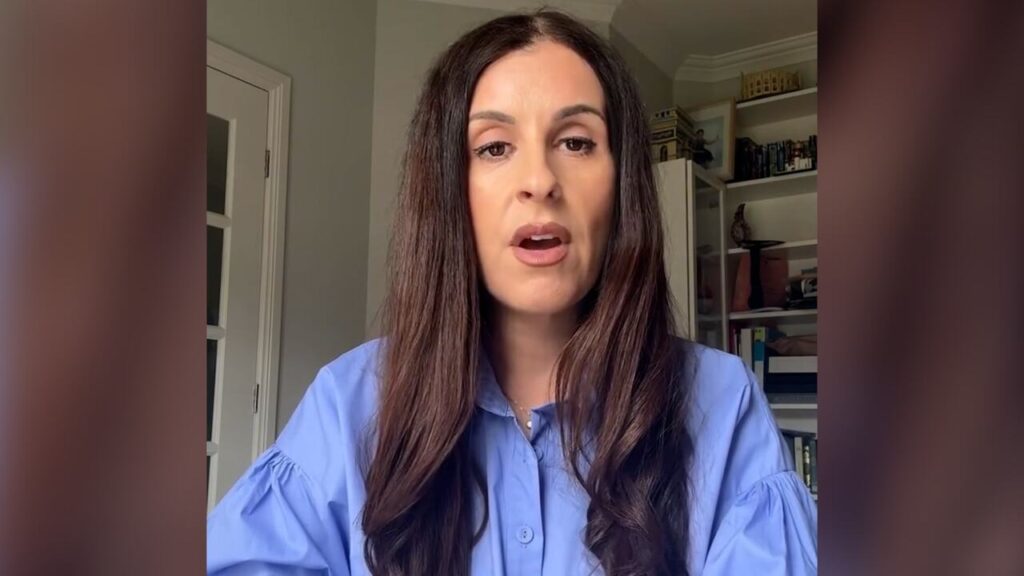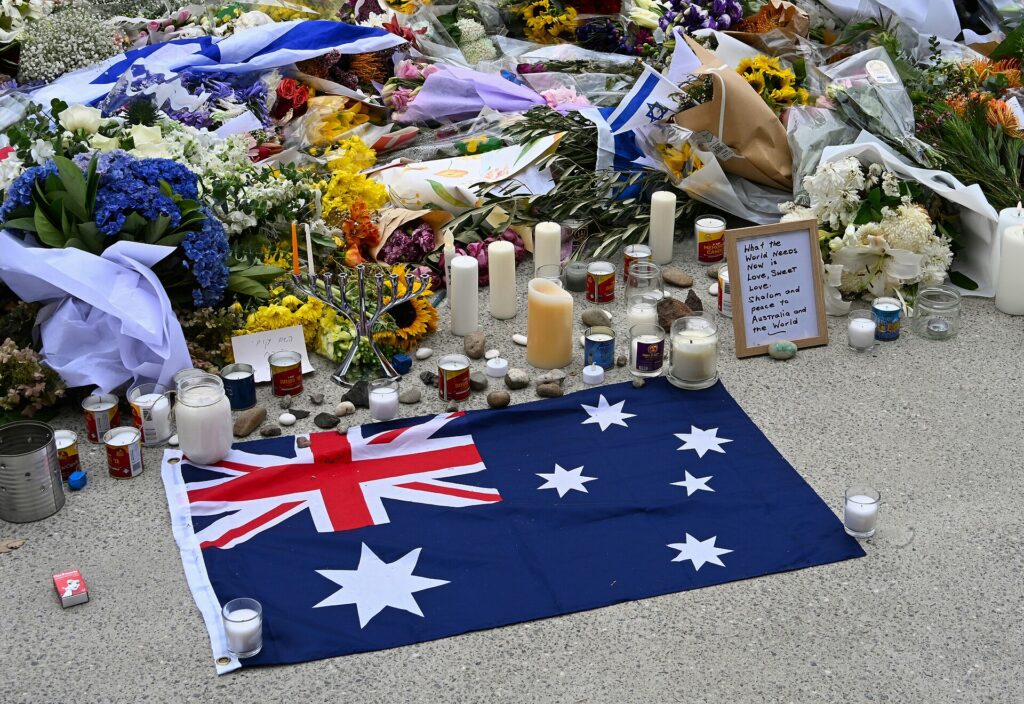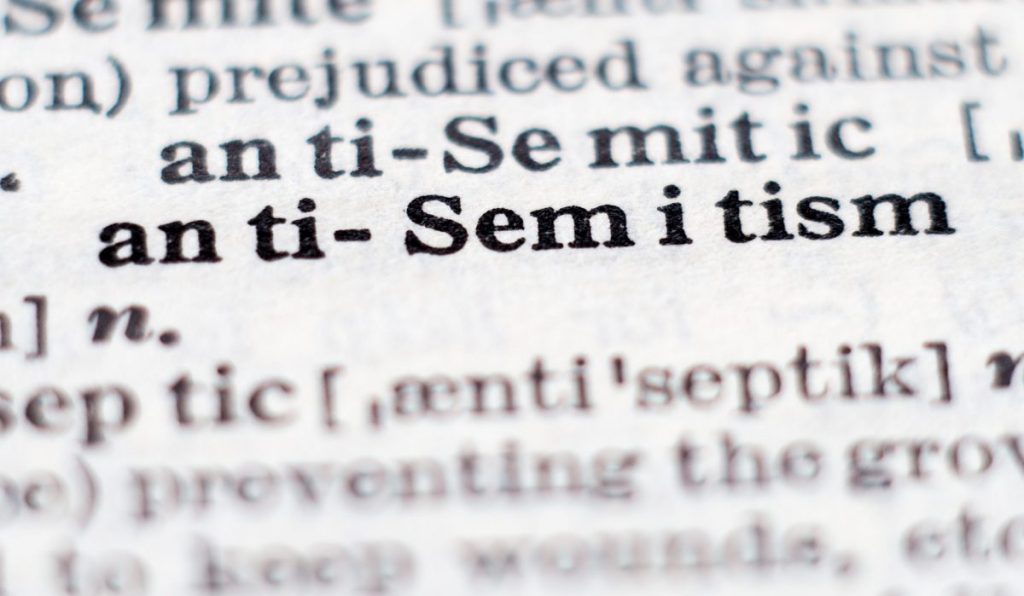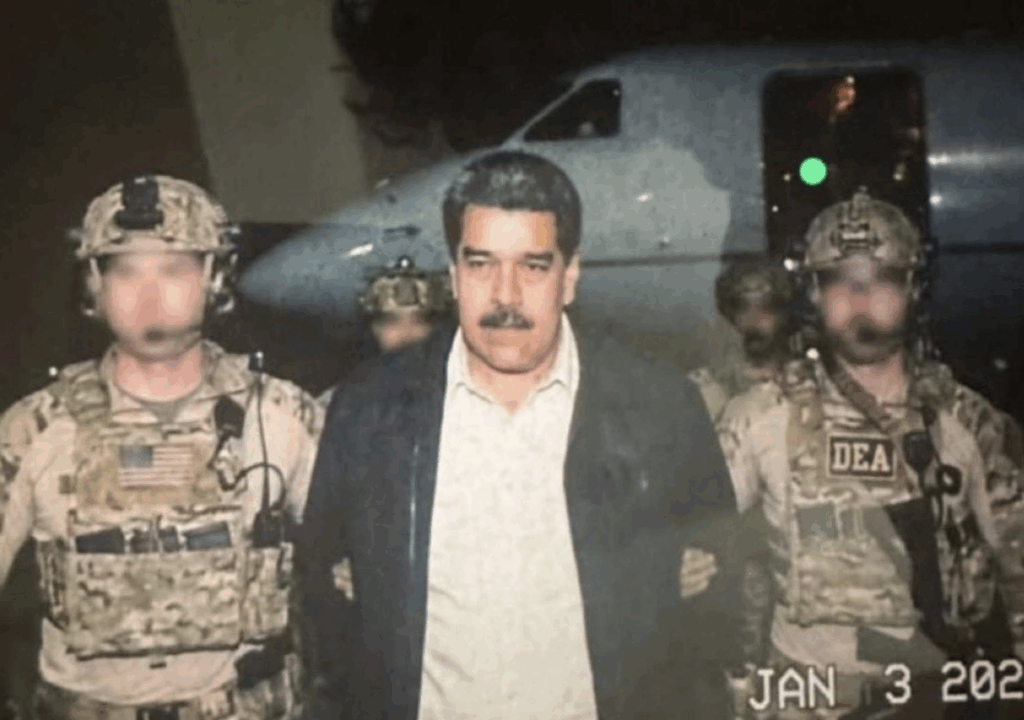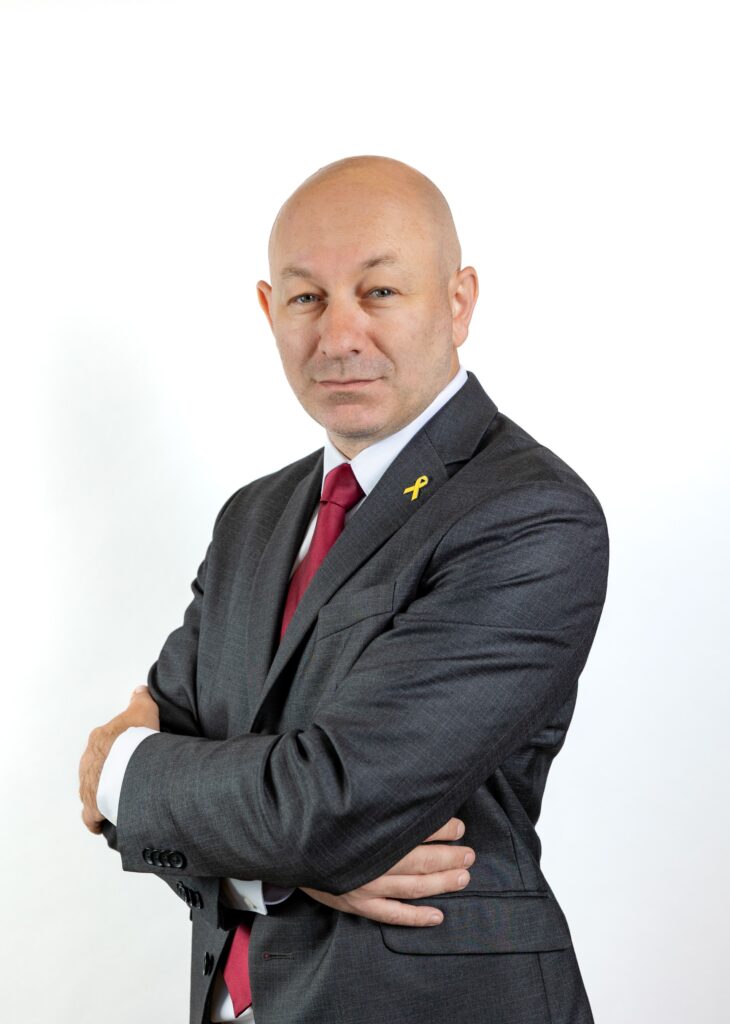IN THE MEDIA
World must keep pressure on Iran over nuclear deal
July 22, 2019 | Ahron Shapiro
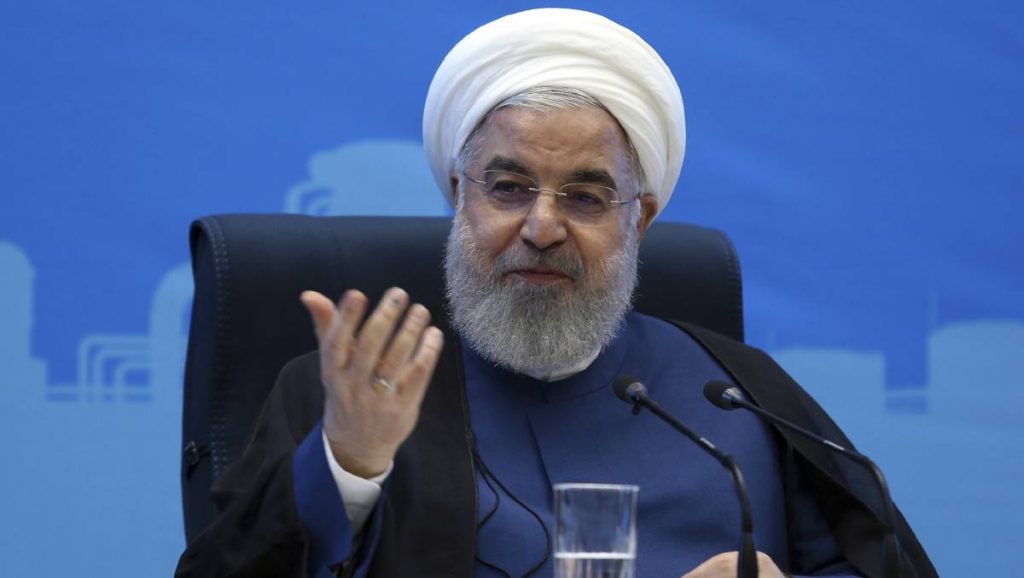
Canberra Times – JULY 22 2019
The announcement by Iran’s President Hassan Rouhani that Iran is willing to re-enter negotiations over its nuclear program if crippling sanctions are removed is evidence the US-led effort to pressure Iran in renegotiating the deeply flawed 2015 nuclear deal is beginning to bear fruit.
Ironically, by violating two conditions contained in the Joint Comprehensive Plan of Action (JCPOA) agreement – exceeding the 300kg cap on its stockpile of low-enriched uranium, as well as the 3.67 per cent limit on enrichment levels – Iran has itself called attention to the deal’s inherent weaknesses.
The deal merely temporarily paused Tehran’s nuclear program months short of reaching full nuclear weapon breakout capability. Under the deal’s sunset clauses, had Iran simply waited a few years, it would have been entitled to enrich in whatever quantities to whatever level it wishes.
Some see in Iran’s vacillations between threats and provocations, like the downing of a US drone over the Strait of Hormuz and limpet mine attacks on oil tankers in the Gulf of Oman, and diplomatic overtures and conciliatory messages, an internal struggle between moderates, who seek a rapport with the West, and hardliners, who distrust the West and urge weaponisation.
According to this reasoning, the US decision to withdraw from the JCPOA and reinstate sanctions on the sale of Iranian oil undermines the moderates, strengthens the hardliners, and increases the likelihood of armed conflict.
However, this analysis is based on a misunderstanding of the Iranian regime and how it functions. When it comes to the need to develop nuclear weapons, there is no disagreement between the regime’s so-called moderates and hardliners – only tactical disagreements over how best to get there.
In addition, supposed moderates like Rouhani have almost no actual power over military and strategic decision-making. All such power in Iran is in the hands of the hardline “Supreme Leader”, Ayatollah Ali Khamenei.
Meanwhile, according to a report published in April by six independent experts on nuclear proliferation from Harvard University’s Belfer Center, documents spirited out of Tehran in 2018 by Israeli intelligence from Iran’s secret nuclear archive prove that Iran’s senior leadership was united in pursuing a nuclear weapons capability.
The Harvard team said the archive shows that Iran’s nuclear weapons program, aka AMAD, was a state-sponsored multi-agency “coherent, organised, top-down program, not a rogue operation”. Among the leaders involved were current President Rouhani.
Rouhani has also inadvertently exposed the regime’s duplicitous playbook when it comes to its nuclear program in his 2011 memoir, where he boasted, “While we were talking to the Europeans in Tehran we were installing equipment in [the nuclear facility at] Isfahan… By creating a calm environment, we were able to complete the work at Isfahan.”
Although AMAD was temporarily shelved out of political expediency in 2003, the current regime remains united around a long-term objective of assembling an arsenal of intercontinental ballistic nuclear missiles, both as an insurance policy for the regime and as the ultimate tool of blackmail and intimidation on a global scale.
Critically, the archive itself is a clear violation of the JCPOA, because that agreement required Iran to disclose the past military dimensions of its nuclear program to the International Atomic Energy Agency. Iran never did – instead it hid the archive, including bomb designs and other military plans, for future use.
Meanwhile, Iran has continued developing advanced centrifuges that could reduce the time necessary to enrich enough uranium for a bomb. On April 10, Rouhani announced the installation at the Natanz nuclear facility of 20 IR-6 centrifuges, which enrich 10 times faster than the IR-1 units permitted under the deal. With these advanced centrifuges already in place, Iran’s nuclear weapon breakout possibility is much closer than it was before the JCPOA was signed.
By withholding information about the military dimension of its nuclear program, Iran has already violated the JCPOA and the Nuclear Non-Proliferation Treaty. A new deal needs to be created, that would close the JCPOA’s holes, address the troubling issues raised in the archive and impose a wider monitoring regime on Iran’s nuclear and ballistic missile programs, as well as contain Iran’s other destabilising activities across the region.
Proponents of the JCPOA argue it is the only game in town – with the only alternative being war – and so strengthening Iranian “moderates” in the hope they will prevail in the long term as the JCPOA expires is our only chance.
Yet the reality is Iran’s leaders, including the supposed moderates, were content to comply with limited technical clauses of the JCPOA for good reason. Instead of permanently blocking every path to Iran’s bomb, the JCPOA essentially paved the way to it.
Meanwhile, US-led sanctions are biting deeply, with Iranian oil exports plummeting, the Iranian currency in freefall, and the economy in severe recession.
The regime may lash out, but knows it cannot risk a real war with the US.
Quixotically attempting to cultivate fictitious regime moderates is no way to end the Iranian cat and mouse game that has been played out over decades and finally secure a comprehensive deal that ensures the world’s most dangerous weapon stays out of the hands of the world’s greatest sponsors of terror. Instead, responsible international actors must keep up the economic and political pressure until the regime recognises it has no choice but to renegotiate seriously or risk collapse.
Ahron Shapiro is a senior policy analyst at the Australia/Israel & Jewish Affairs Council

